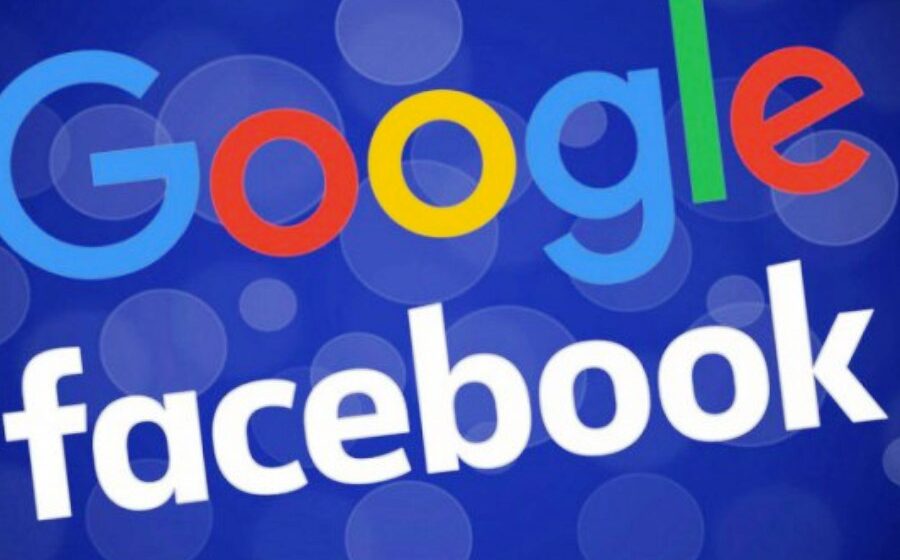Facebook has blocked Australian users from sharing or viewing news content on the platform, causing much alarm over public access to key information.
Australians woke up on Thursday to find the Facebook pages of all local and global news sites were unavailable.
Several government health, emergency and other pages were also blocked on Thursday – something the tech giant later asserted was a mistake.
Australia’s government said the ban threatened Facebook’s “credibility”.
Those outside of Australia are also unable to read or access any Australian news publications on the platform.
Facebook’s move is in response to a proposed law in Australia which would make tech giants pay for news content.
Australia vs tech firms: What’s this row about?
Companies like Google and Facebook have argued the law doesn’t reflect how the internet works, and unfairly “penalises” their platforms.
The Australian government has said it is proceeding with the law, which passed parliament’s lower house on Wednesday.
“Facebook needs to think very carefully about what this means for its reputation and standing,” Communications Minister Paul Fletcher told the ABC.
Facebook’s action came hours after Google agreed to pay Rupert Murdoch’s News Corp for content from news sites across its media empire.
Australia’s competition regulator said it had drawn up the laws to “level the playing field” between the tech giants and publishers over profits.
But Facebook said the law left it “facing a stark choice: attempt to comply with a law that ignores the realities of this relationship, or stop allowing news content on our services in Australia”.
“With a heavy heart, we are choosing the latter,” it said in a blog post.
Australian publishers are also restricted from sharing or posting any links on their Facebook pages. The national broadcaster, the ABC, and newspapers like The Sydney Morning Herald and The Australian have millions of followers.
Facebook said that it helped Australian publishers earn about A$407m (£228m;$316m) last year through referrals, but for itself “the platform gain from news is minimal”.
The law sought “to penalise Facebook for content it didn’t take or ask for”, said the company’s local managing director William Easton.
What happened with the government sites?
Facebook’s change also denied Australians access to the pages of many key government agencies, including police and emergency services, health departments and the Bureau of Meteorology.



